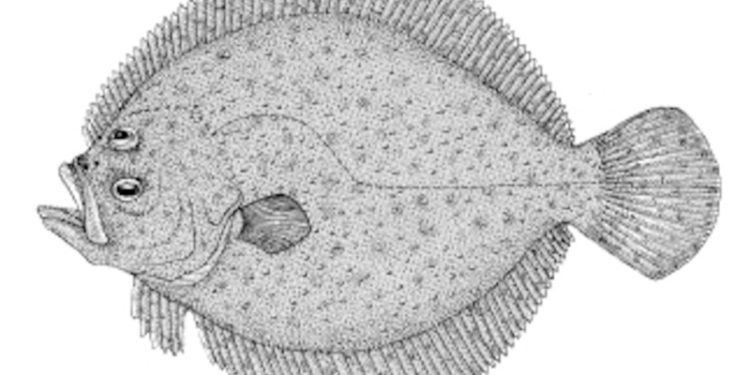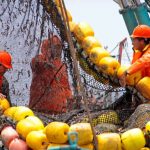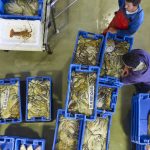The European Commission has adopted a proposal on fishing opportunities in 2019 for the commercially most important fish stocks in the Black Sea. The catch limit and quota for the two species, sprat and turbot, are shared between Bulgaria and Romania.
The proposal is a roll-over from 2018 and is based on the scientific advice from the Scientific, Technical and Economic Committee for Fisheries (STECF). It follows the multiannual management plan for turbot fisheries in the Black Sea, approved in 2017 by the General Fisheries Commission for the Mediterranean (GFCM).
For turbot, the Commission transposes the GFCM multiannual management plan by proposing a catch limit of 114 tonnes, which will be distributed equally between Bulgaria and Romania, as well as a limitation of turbot fishing to 180 days per year and the complete ban over a two-month period (15 April – 15 June). These measures are designed to allow for the recovery of this iconic Black Sea species.
For sprat, the Commission proposes to maintain a catch limit of 11,475 tonnes, of which 70% will be allocated to Bulgaria and 30% to Romania.
The Commission’s proposal will be examined by the Member States at the December Council on Agriculture and Fisheries.
The Commission promotes an enhanced multilateral approach and cooperation to fisheries management in the Black Sea. A new fisheries governance is established following the adoption of the GFCM multiannual management plan for turbot, the GFCM Regional Plan of Action against IUU fishing, and the Sofia Ministerial Declaration. Moreover, coastal nations are closely working on the implementation of the GFCM BlackSea4Fish project for regional co-operation on research and data collection.
The 41st GFCM session, in 2017, opened a new era of co-operative fisheries management in the Black Sea, building on the Bucharest Declaration and the Malta MedFish4ever Declaration.
For the first time, management and control measures for turbot were set to be implemented at regional level. Their effective application is enforced through an international joint control and inspection pilot project. Established with the assistance of the European Fisheries Control Agency (EFCA), it contributes to the fight against IUU fishing in the basin. The Commission also promotes training workshops for non-EU inspectors through the EFCA.









